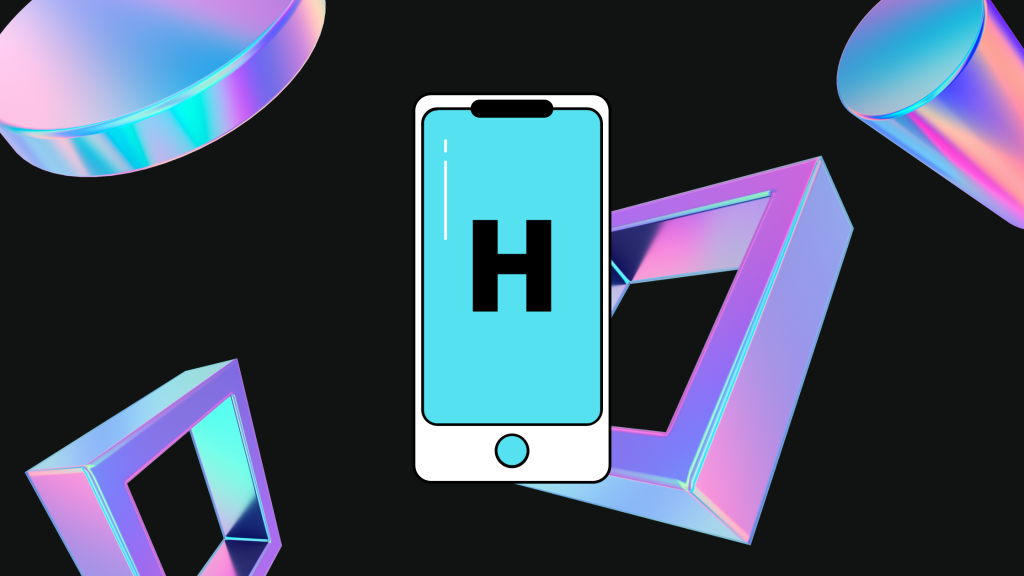
At this point, apps are an integral part of our daily lives. The marketplace is so crowded with types of mobile apps, that it can simply make your head swirl. Today, even businesses who never would have needed apps in the past are getting into the game. Whether you are a budding business venture or a well-established company, at some point in the future you are going to ask yourself: Are there more than one type of apps, if yes, how am I supposed to choose?
Don’t worry we have your back! Look at the lines below and wonder no more.
Types of Mobile Apps by Technology
There are 3 basic types of mobile apps by the technology used to code them:
Native apps are created for one specific platform/operating system
Web apps are responsive versions of websites that can work on any mobile device
Hybrid apps are combinations of both native and web apps, giving the ability to have their icon or be downloaded from an app store.
#1 Native apps

Native apps are built specifically for a mobile device’s operating system. Thus, you can have native Android mobile apps or native iOS apps. Because they’re built for just one platform, you cannot mix and match- for instance, iOS app on a Windows phone.
Technology Used: Java, Kotlin, Python, Swift, C++, React.
Pros:
- faster and more reliable in terms of performance
- native UI
- they have access to a broad choice of device features (Bluetooth, contacts, camera roll, and more)
Cons:
- higher cost to maintain
- take up precious space in the device’s storage
- updates must be downloaded
#2 Web apps

Web apps behave similarly to native apps but are accessed via a web browser on your mobile device. They are not standalone apps in the sense of having to download them to your device. They’re responsive websites that adapt its user interface to the device the user is on.
Technology Used: HTML5, CSS, JavaScript, Ruby, and similar programming languages used for web work.
Pros:
- cuts down on development costs.
- there’s nothing to download
- won’t take up space on your device
Cons:
- entirely dependent on the browser used on the device.
- they won’t completely work offline
#3 Hybrid apps

And here are the hybrid apps. These are web apps that look and feel like native apps. They might have a home screen app icon, responsive design, fast performance, or with an offline mode.
Technology Used: Ionic, Objective C, Swift, HTML5, and others.
Pros:
- much quicker and more economical than a native app.
- loads quicker
- much less code to maintain.
Cons:
- Hybrid apps might lack in power and speed, which are hallmarks of native apps.
If you are still struggling with the choice here are some example scenarios
I Need an App as soon as possible!
If you absolutely must have an app in the shortest amount of time, then you need to invest in building a web app. Not only will one codebase drastically speed up development time, but it will also mean that your users already have what they need to use it: a mobile browser.
Limited Resources is my priority
If time and money are not on your side, then consider either a web app or a hybrid app. The hybrid app gives you a chance to test the market with the bare minimum. And if successful, you can decide to build a native version later on.
I want my App to be Fast and Stable
If performance is of the utmost importance, then there’s no way around it: you need to develop a native app. This type of app will give you the speed, stability, and customization features you are all seeking after.
In a nutshell, choosing which type of mobile app you will build is not the ultimate decision. You can always choose to build another type down the road, depending on your user’s needs. Or even if you still have doubts about what to develop first: an app or a website, you can always rely on us to help you with the process. Don’t hesitate and go after your goals!
